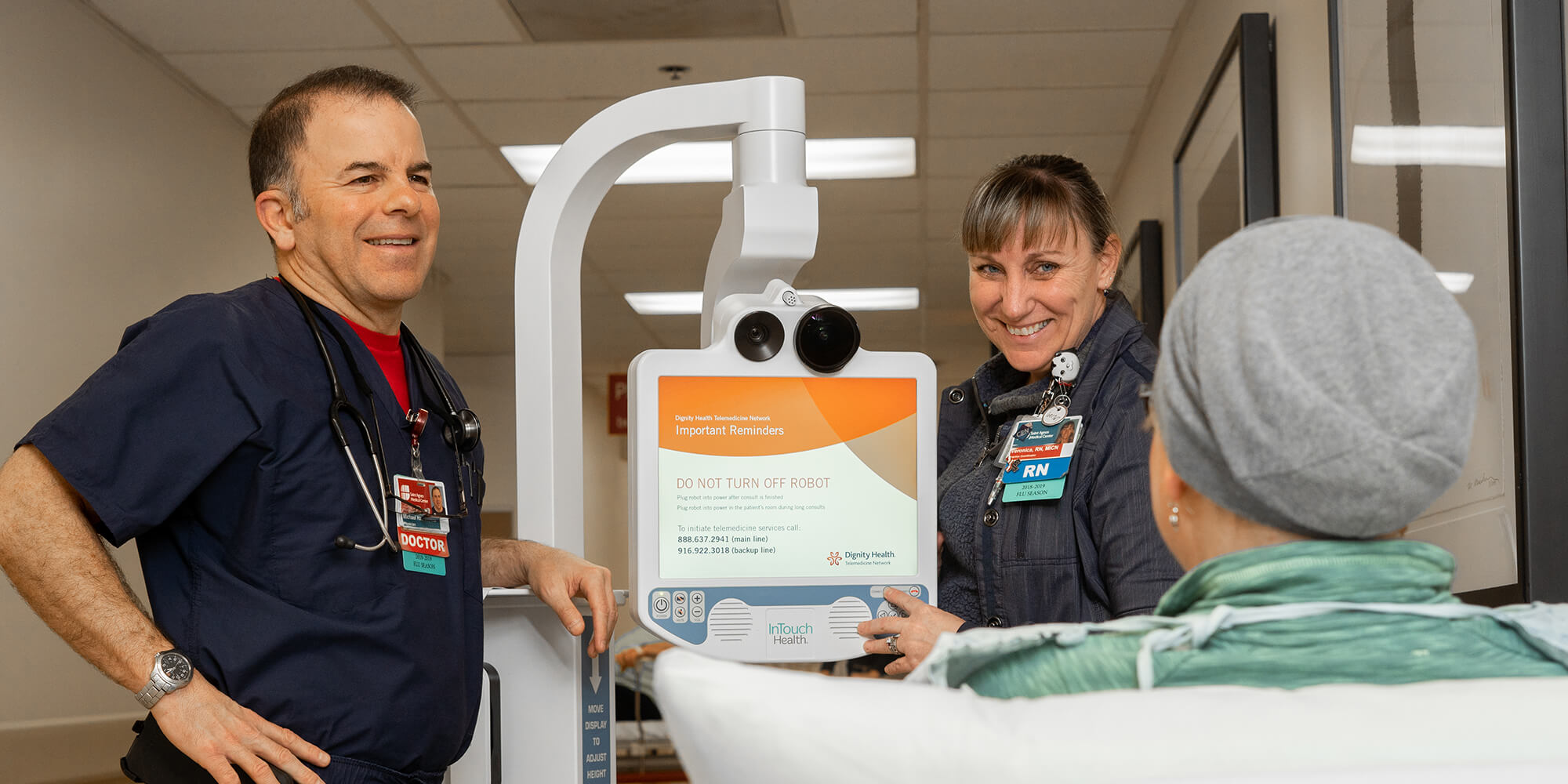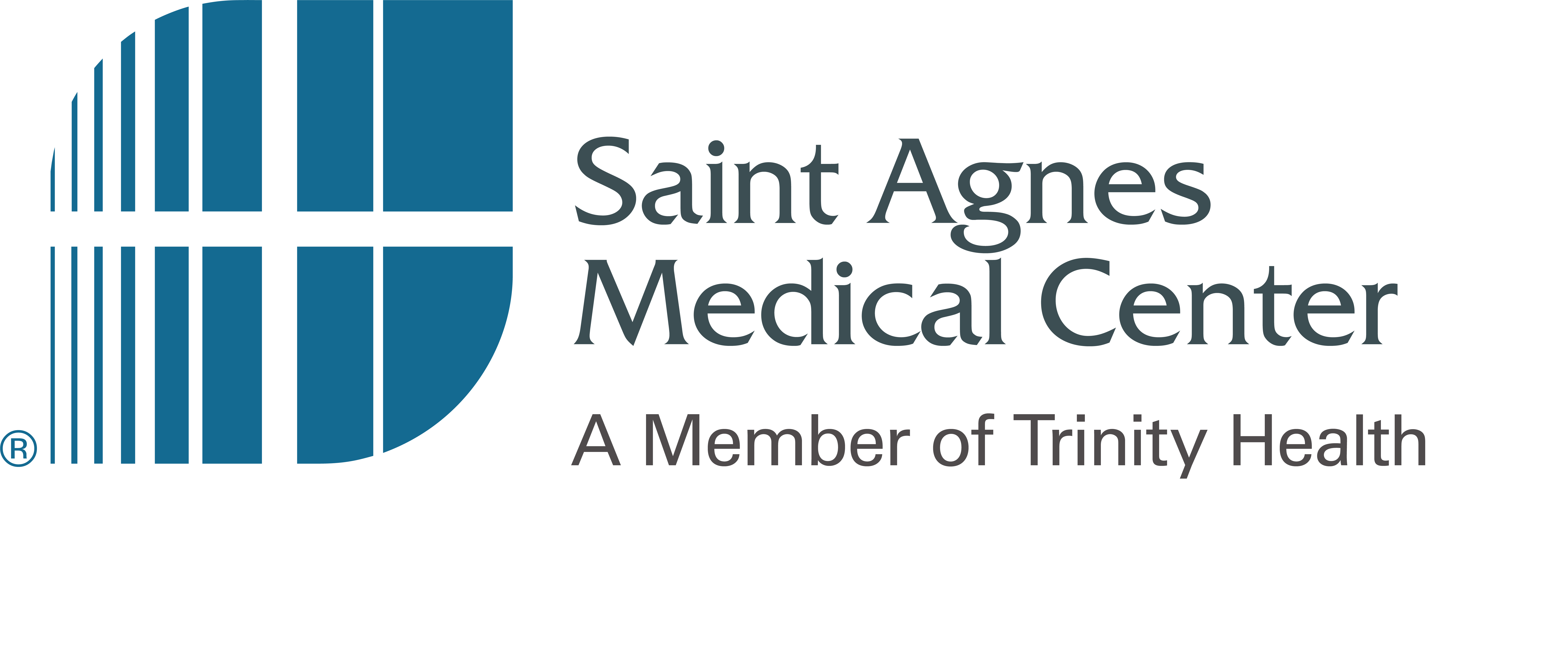Henrietta, Stroke Patient
August 7, 2023
In December of 2018, Henrietta sat down at home to relax and enjoy a television program. Suddenly, she began to feel strange. When she tried to stand, she discovered she couldn’t rise from her chair. Henrietta's right side was unresponsive and she collapsed sideways, unable to hold her own body upright.
Luckily her older daughter Karla and granddaughter Ileah were in the house. They carefully lowered her to the ground and called 9-1-1.
Thanks to observations from Henrietta's younger daughter, Joanna, a speech pathologist at Saint Agnes, paramedics ultimately diagnosed Henrietta with a stroke and notified the Emergency Department at Saint Agnes to be ready for their arrival.
After a CT scan, ER staff connected Henrietta and her family to a neurologist via a stroke telemedicine system, TeleStroke – a high-speed internet, videoconferencing platform that allows neurologists to diagnose patients remotely and get them the quick treatment they need.
"Strokes are very difficult to diagnose," says Emergency Medicine Physician Michael Habibe, MD. "While there are some cases I can diagnose myself, I want to have a neurologist’s input to back up my assessment and ensure that we are giving the patient the proper treatment. If the patient is left untreated for more than a few hours, their chances of recovery plummet."
Joanna feels the TeleStroke system was vital to her mother receiving timely care. Despite good health for most of her life, Henrietta has experienced three strokes and three TIAs (transient ischemic attack, also known as a ministroke) in the last ten years.
"Having been with my mother through several of these events, there is no doubt that this was the fastest we have ever been in contact with a neurologist," Joanna says. "The speed of the process allowed us to have access to more treatment options than would have been available had we needed to wait to see a doctor in person."
Since being released from the hospital, Henrietta has done her best to stay moving during the day and keep stress at bay.
"I take things very slowly now," Henrietta says. "I'm just grateful to still be here and be as mobile and healthy as I am. I want to stay well for as long as I can to support my children and grandchildren, and hopefully my great grandchildren someday."
Know the signs
Knowing your stroke risk is important, and steps can be taken to reduce your risk when you work with your doctor and become involved in improving your health. For those risk factors and more about Saint Agnes Stroke Program, click here.
